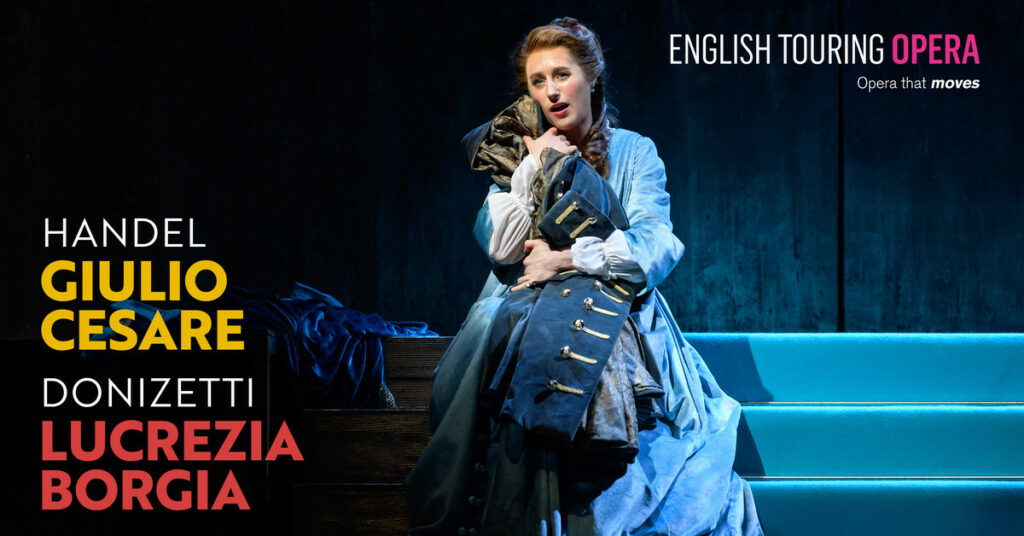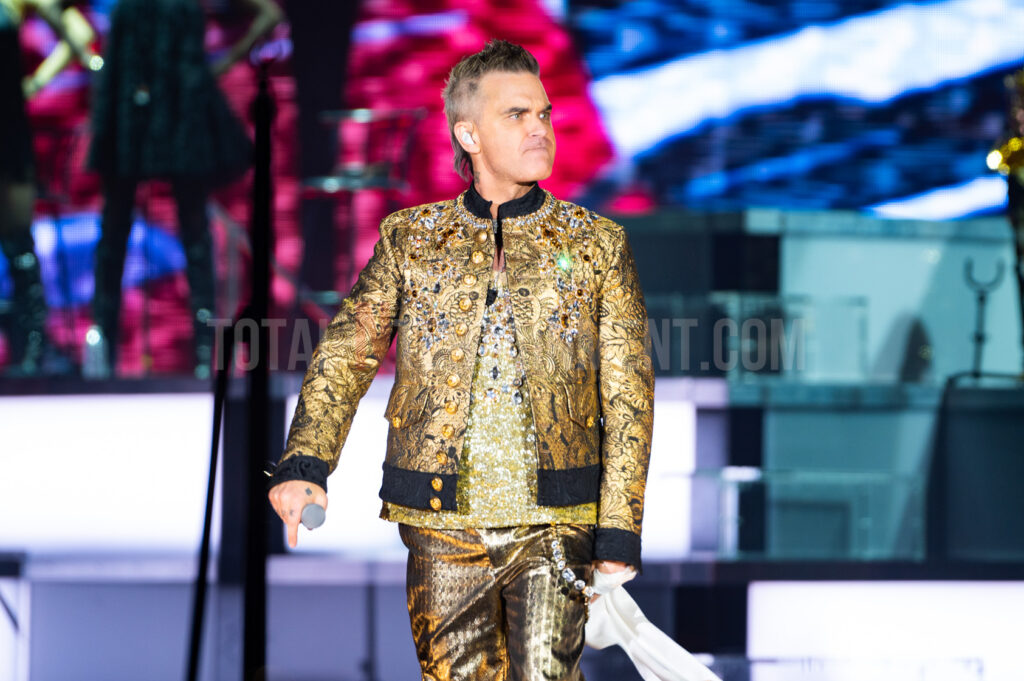Giulio Cesare by Handel Sheffield Review by Amy Stone
In his programme notes, Director James Conway calls Giulio Cesare ‘a big opera with a small cast and short time span’, adding that he had been reluctant to take on the challenge of staging this opera earlier in his career, seeming as it does to require ‘giant scenic solutions’ ‘resulting in frequent changes of tone that become uneasy’. The first time he took it on, he had outdoor theatre with limited set and costume – ‘severity is a decent teacher’, he adds. We can certainly see the minimalist influence in his staging this time, and it works brilliantly. The set feels halfway between a colosseum and a courtroom, its giant wooden columns and panels framing the action with brutal precision.
Cesare arrives in Egypt, ready to discuss terms of surrender with his defeated enemy Pompey. He is outraged to discover that his supposed ally the Egyptian king Tolomeo has decapitated Pompey, however, and delivered his head to Cesare to celebrate his victory. Pompey’s widow Cornelia beseeches her son Sesto to avenge his father’s death, but this is a mantle he is reluctant to take. The object of this vengeance, Egyptian leader Tolomeo, has his own agenda, at odds with both his sister Cleopatra and the conquering Romans. Tricking his servant Achilla into doing his dirty work for him is something he will regret, as he is added to the list of people baying for Tolomeo’s blood. Thus begins a highly enjoyable evening of intrigue, as we observe the plots and power-struggles play out against the backdrop of dangerous ambition.
Conway sets the opera in 1724, the year of its composition, with the Romans mirroring Handel’s Hanoverian patrons and the Egyptians their French foes. Sumptuous Georgian costumes provided by designer Cordelia Chisholm provide an effective contrast to the stark staging. The orchestra employs some of the instruments that would have been used at the time, creating a notably different dynamic that allows the singers to be heard without having to battle through a wall of sound in the same way we are used to with modern opera. This production is a treat for fans of the countertenor voice, with several roles performed by some of the most exciting countertenors of their generation. Alexander Chance is menacing as Tolomeo and yet also provides an effective comic turn in the role. Margo Asrane as Sesto deserves a special mention for her mastery of this trouser role, conveying the journey from self-doubt to ruthless resolve with aplomb. For me, however, Susanna Hurrell as Cleopatra stole the show. It is a gift of a role, as Robin Norton-Hale, General Director of the English Touring Opera notes, with one set-piece aria after another, and Hurrell delivers vocally and dramatically to perfection.
The production I saw at Sheffield Lyceum made use of Sheffield University Chamber Choir in a chorus role, which was a delightful surprise as members of the audience suddenly seemed to join in the production. At a pre-show talk I also learned about English Touring Opera’s work with a network of schools across the country, putting on workshops with schools in each location their tour visits and even commissioning special children’s operas to ignite interest in the next generation of opera lovers, including a special programme for SEND children and a new mental health-focussed programme for teenagers. Bravo, English Touring Opera!
You can find further dates and tickets here.
Rating ⭐️⭐️⭐️⭐️









Comments are closed.